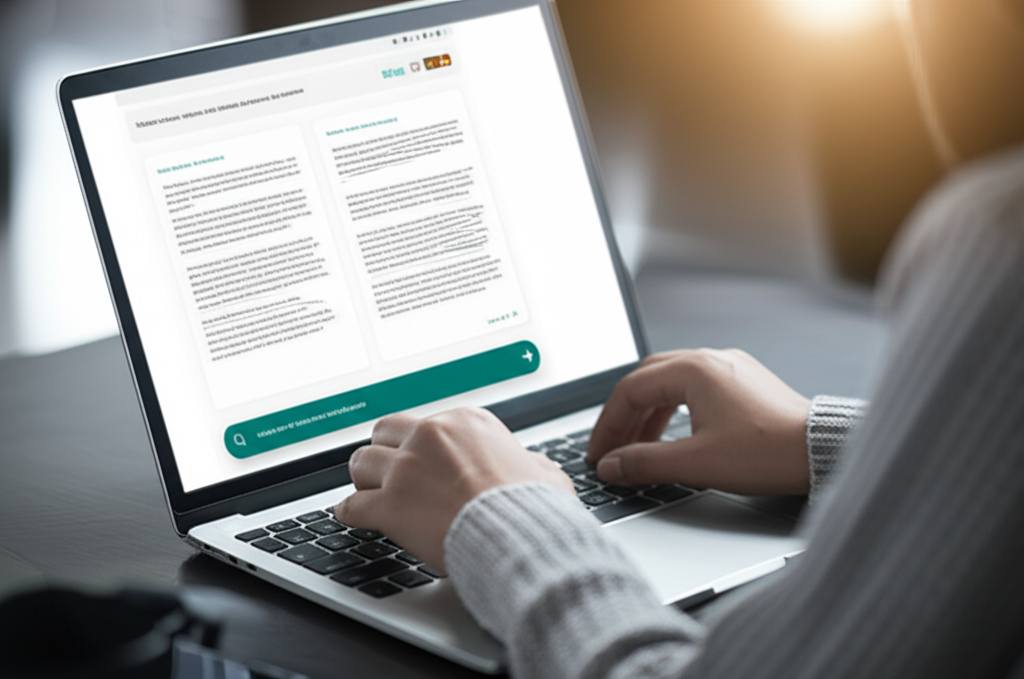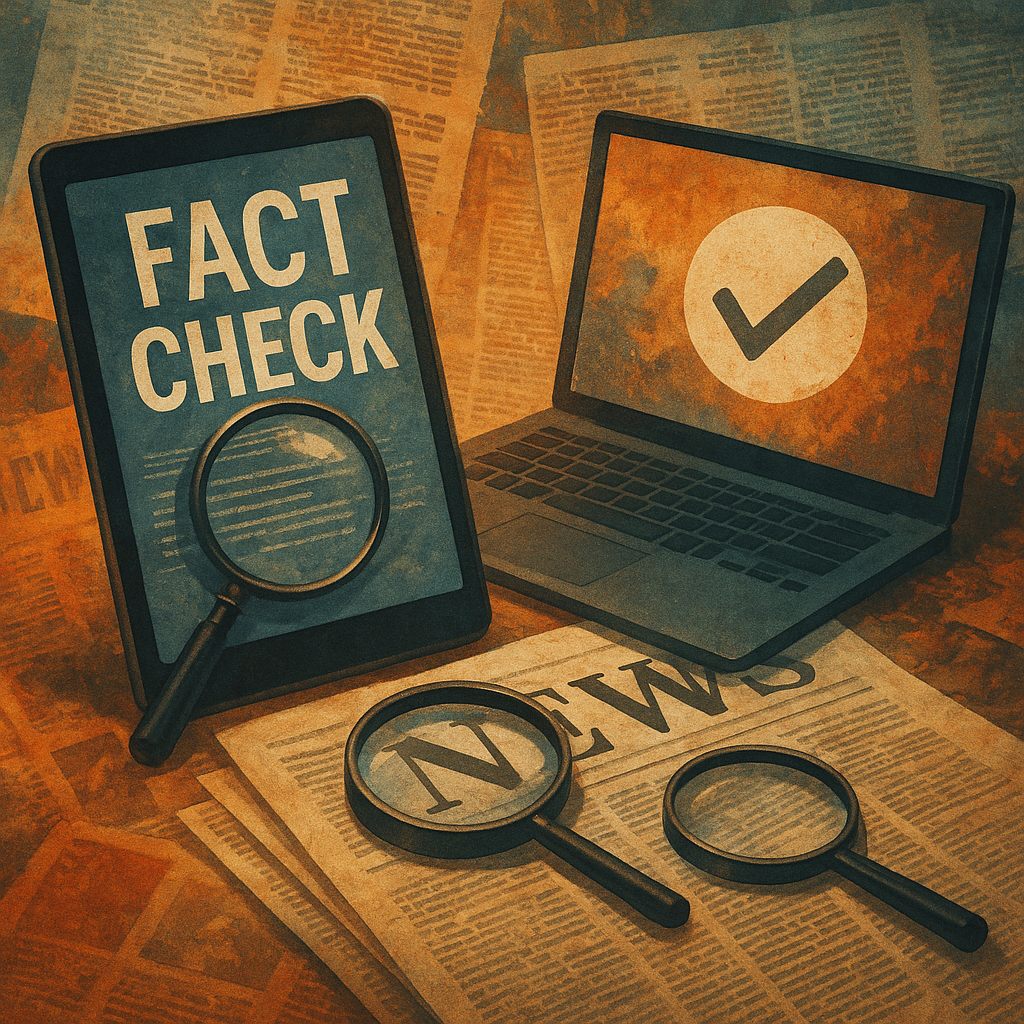In our digital age, fake news spreads faster than wildfire, often outpacing legitimate journalism. But why do people believe false information so readily? The answer lies deep within our psychological makeup—our brains are actually wired in ways that make us vulnerable to misinformation.
The Confirmation Bias Trap
Perhaps the most powerful psychological force behind fake news consumption is confirmation bias—our tendency to seek out and believe information that confirms our existing beliefs while dismissing contradictory evidence. When we encounter news that aligns with our worldview, our brains release dopamine, creating a literal addiction to information that makes us feel right.
This bias is so strong that people will often share articles based solely on headlines that confirm their beliefs, without even reading the full content. Social media algorithms exploit this tendency by showing us more of what we already agree with, creating echo chambers that reinforce false beliefs.
Emotional Reasoning Over Logic
Fake news is designed to trigger strong emotional responses—fear, anger, outrage, or excitement. When we're in an emotional state, the logical, analytical parts of our brain take a backseat to our emotional responses. This phenomenon, known as "emotional reasoning," makes us more likely to believe information that feels true rather than information that is actually true.
Studies show that false stories spread six times faster than true stories on social media, primarily because they tend to be more emotionally provocative. Our brains are evolutionarily wired to pay attention to threatening or surprising information as a survival mechanism, but this same wiring makes us vulnerable to sensationalized misinformation.
The Illusory Truth Effect
Repetition breeds belief. The more often we encounter a piece of information, the more likely we are to believe it's true, regardless of its actual accuracy. This psychological phenomenon, called the "illusory truth effect," explains why persistent false narratives can become widely accepted as fact.
Social media amplifies this effect exponentially. When the same false story appears in our feeds multiple times from different sources—friends, family, news outlets—our brains interpret this repetition as validation, even when all these sources are ultimately spreading the same piece of misinformation.
Social Proof and Tribal Thinking
Humans are inherently social creatures who look to others for cues about what to believe and how to behave. When we see that others in our social network are sharing or believing certain information, we're more likely to accept it as true. This "social proof" mechanism served us well in small communities but becomes problematic in the age of viral misinformation.
Additionally, our tribal instincts make us more likely to believe information that comes from people we perceive as being in our "in-group" while being skeptical of information from perceived "out-groups." This tribal thinking can override critical thinking, leading us to accept false information from trusted sources while rejecting accurate information from sources we distrust.
The Availability Heuristic
Our brains use mental shortcuts, called heuristics, to make quick decisions. The availability heuristic leads us to judge the likelihood of events based on how easily we can remember examples of them occurring. Dramatic, memorable fake news stories stick in our minds more readily than mundane but accurate reporting.
This creates a distorted perception of reality where sensational but false events seem more common or likely than they actually are. For example, people might overestimate the frequency of terrorist attacks or violent crimes because these dramatic events receive disproportionate coverage and stick in memory.
Cognitive Overload in the Information Age
The sheer volume of information we encounter daily overwhelms our cognitive capacity. When faced with information overload, our brains resort to mental shortcuts and quick judgments rather than careful analysis. This cognitive fatigue makes us more susceptible to accepting information at face value without proper verification.
The fast-paced nature of social media compounds this problem. We're encouraged to react, share, and move on quickly, leaving little time for reflection or fact-checking. This environment is perfectly designed for the spread of misinformation.
Building Psychological Immunity
Understanding these psychological vulnerabilities is the first step toward building immunity against fake news. Here are key strategies to strengthen your mental defenses:
- Practice metacognition: Regularly ask yourself why you believe what you believe and whether your emotions might be influencing your judgment.
- Diversify your information diet: Actively seek out perspectives that challenge your existing beliefs and consume news from a variety of sources.
- Slow down your sharing: Before sharing information, take a moment to verify its accuracy and consider whether it might be designed to manipulate emotions.
- Learn to recognize emotional manipulation: Be especially skeptical of information that makes you feel strong emotions like anger, fear, or moral outrage.
- Develop source awareness: Pay attention to where information comes from and whether the source has a track record of accuracy and reliability.
The Path Forward
Recognizing our psychological vulnerabilities to misinformation isn't about becoming cynical or distrustful of all information. Instead, it's about developing a more sophisticated understanding of how our minds work and building better habits for consuming and evaluating information.
In an era where misinformation can have serious real-world consequences—from public health decisions to democratic processes—developing these psychological defenses isn't just personally beneficial; it's a civic responsibility. By understanding why fake news is so compelling, we can better equip ourselves and others to navigate the complex information landscape of the digital age.
Put Psychology Into Practice
Now that you understand the psychological mechanisms behind misinformation, take action to protect yourself and others. Start by fact-checking suspicious content before sharing it, and encourage critical thinking in your social circles.


